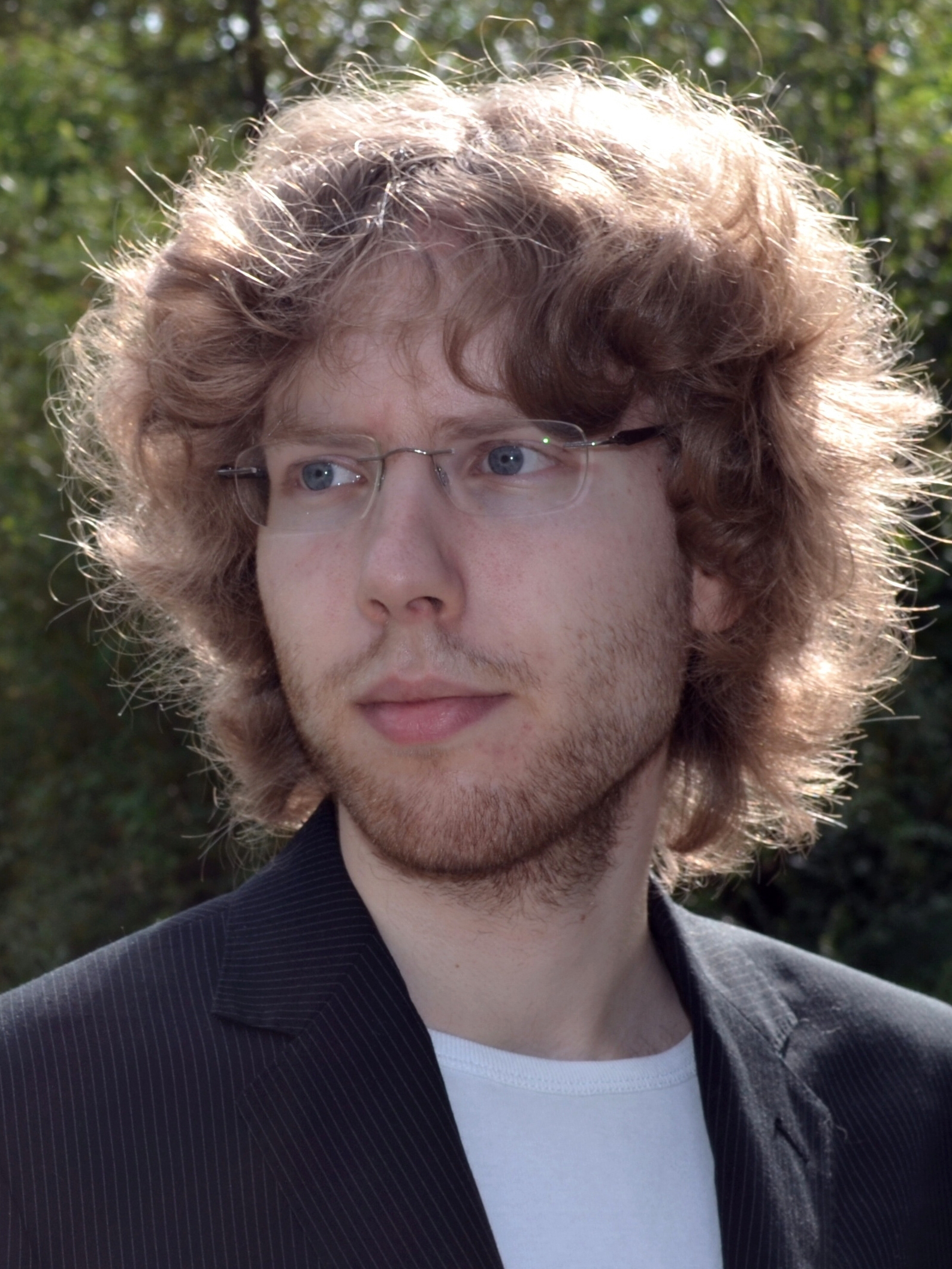
Contact
1 rue Honoré d’Estienne d’Orves
91120 Palaiseau, France
 +33 1 44 27 59 82
+33 1 44 27 59 82
About Me
Hi 😃! I’m a theoretical computer scientist and an assistant professor in the team for algorithms and complexity in the computer science department (LIX) of Ecole Polytechnique, which is part of Institut Polytechnique de Paris (IP Paris).
My research is driven by my desire to get to the core of things and to fully understand a problem. I’m especially intrigued by random processes where seemingly random choices accumulate in a certain, almost deterministic trend. I consider these processes primarily in the domain of artificial intelligence.
A prime example for such processes are randomized search heuristics (RSHs), which act as a means for finding good solutions to optimization problems that are so badly understood that they acts as a black box to the user. RSHs typically follow a simple iterative pattern but still yield strong results for a wide range of real-world optimization problems. My aim is to provide theoretical performance guarantees for the various operations of RSHs and to thus understand which of them are useful in certain situations. In the best case, such insights lead to improved algorithms. I especially like to analyze RSHs that evolve a probabilistic model of the problem space, so called estimation-of-distribution algorithms.
Rather recently, I also gained an interest in analyzing stochastic infection processes, which model the spread of an infection in a network, in which each participant is in one of multiple states, such as being susceptible or infected. My aim is to understand for which infection rates an infection survives for a long period of time in a network and for which rates it dies out quickly.
 martin.krejca@polytechnique.edu
martin.krejca@polytechnique.edu